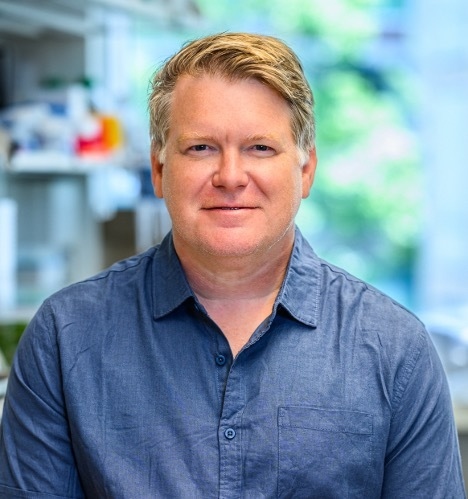Engineering timing and location for next-generation vaccines
Public digital evening lecture by Professor Darrell J. Irvine, Ph. D. (California, USA)
Following infection, even "acute" viral and bacterial infections are often accompanied by prolonged antigen and/or inflammatory cue exposure, which can extend weeks after infectious pathogen is cleared. This is in contrast to the relatively short duration of antigen/inflammation that accompanies many subunit vaccines. Further, the structural integrity of vaccine antigens is critical for the priming of protective humoral immunity, but following protein immunization, antigens are rapidly degraded in the subcapsular sinus, paracortex, and interfollicular regions of lymph nodes. To overcome these challenges, we have developed immunization strategies and vaccine delivery technologies that prolong the delivery of antigen/adjuvant cues to lymphoid tissues, alter antigen uptake/capture in lymph nodes, and target antigens to B cell follicles. These approaches modulate diverse aspects of the immune response, expanding the repertoire of responding B cells, augmenting germinal center reactions, and promoting enhanced memory B cell and plasma cell development. Applications of these approaches to enhance vaccine responses to HIV and coronaviruses will be described.
Darrell Irvine, Ph.D., is a Professor at the Scripps Research Institute, where he recently relocated after 20 years as a faculty member at the Massachusetts Institute of Technology.
Moderation: Dr. Björn Corleis



